Introduction
No, dogs cannot eat brie. Brie is a specific soft-ripened cheese made of cow milk. The brie’s rind consists of white edible molds that give the cheese a distinct taste, texture, and scent.
Almost all cheese types are considered a no-go for dogs because of various reasons. Sadly, brie is not an exception. Giving your dog brie is risky and can trigger an array of health issues and complications.
Why is Brie Bad for Dogs?
The dog’s stomach is not designed for processing dairy products. Giving your dog brie is a recipe for disaster. Here are some of the reasons brie is bad for dogs and must never be fed on purpose.
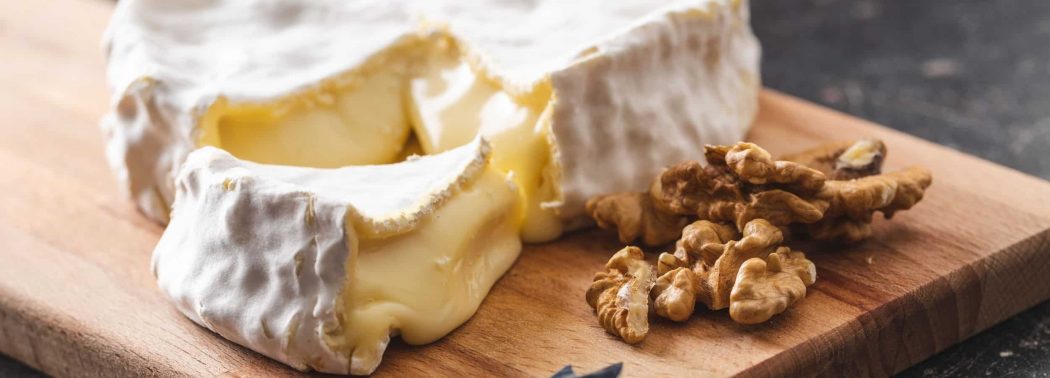
Stomach Upset
Like any other human food, brie can upset the dog’s stomach, especially if not used to eating dairy. Stomach upsets are not a serious problem but are uncomfortable and tedious.
Lactose Intolerance
Adult dogs are lactose intolerance. Considering brie is a dairy product that contains lactose, you can see how this poses a risk. When a lactose-intolerant dog consumes brie, it develops a bout of stomach upset.
Too Much Salt
Like any other cheese, brie contains high amounts of salt, and dogs do not need too much of this mineral. Overconsumption of salt can damage the dog’s kidneys or, in extreme situations, even cause salt poisoning.
High Levels of Saturated Fats
Brie is loaded with saturated fats – the bad type of fats that are responsible for an array of health problems (from clogged arteries to heart problems to weight gain).
Acute Pancreatitis Risk
Fatty foods are directly linked with pancreatitis – acute episodes of pancreas inflammation. Pancreatitis is a severe condition, and if left untreated, it can even have fatal consequences.
Weight Gain and Obesity
Eating too many fats over a prolonged period will make your dog gain weight which leads to obesity. Obesity is not a disease per se – however, it aggravates certain health issues and increases the risk of developing others.
Added Ingredients
Some brie recipes include added ingredients such as onion, garlic, chives, and various herbs. Onions, garlic, and chives are members of the Allium family, and they are all toxic to dogs (contain compounds that damage the red blood cells causing anemia). Such intoxications are life-threatening and require immediate veterinary attention.
Signs Your Dog Has Eaten Brie
The signs of brie ingestion in dogs depend on various factors. Some factors are dog-related (size, weight, overall health, lactose tolerance) and others to the brie (amount, type, added ingredients).
In general, here is a list of some of the signs you can expect if your dog ate brie:
- Vomiting and/or diarrhea
- Stomach pain and cramping
- Excessive salivation
- Gassiness and bloating
- Loss of appetite
- Disinterest in everyday activities
- Dehydration
If you notice one or more of these signs, it is recommended to call your trusted vet. Ideally, you should seek help as soon as you notice your dog ate brie, without waiting for these signs to become apparent.

What to Do If My Dog Ate Brie?
If your dog ate brie accidentally or on purpose, it is paramount to stay as calm as possible and assess the situation. By assessing the situation, we mean establish how much your dog ate.
A big dog that ate a small chunk of brie is in no danger. On the other hand, a small dog eating a sizeable brie piece may develop issues and require a veterinary visit.
If the brie was enriched with seasonings, spices, or dry veggies (onion, garlic), you need to go to the vet’s office regardless of the consumed amount and dog’s size as they are toxic to dogs.
In general, most cases of brie ingestion go without long-term side effects and can be managed at home, following the vet’s instructions.
Summary
Unlike other molded cheese types, brie is not directly toxic to dogs. However, just because it is not toxic does not mean it should be used as part of the dog’s diet.
Most cheese products are hazardous to dogs and can trigger various problems – from lactose sensitivities to pancreatitis to salt overconsumption.
Basically, if your dog steals a bite of brie cheese, there is nothing to be worried about. However, if it ate the entire piece, you need to seek veterinary attention.
As for purposeful feeding, keep brie away from your dog’s food bowl. There are other cheese options that are less harmful to your pet.
Sources
- How do I know if my dog’s stomach hurts (and how can I help)?, NutriSource, 2021
- The Most Common Causes of Diarrhea in Dogs & How to Stop It, NURVC, 2021
- Allium species poisoning in dogs and cats, BS Salgado, LN Monteiro, NS Rocha, 2011
- Salt Poisoning, LeadER Animal Specialty Hospital, 2020
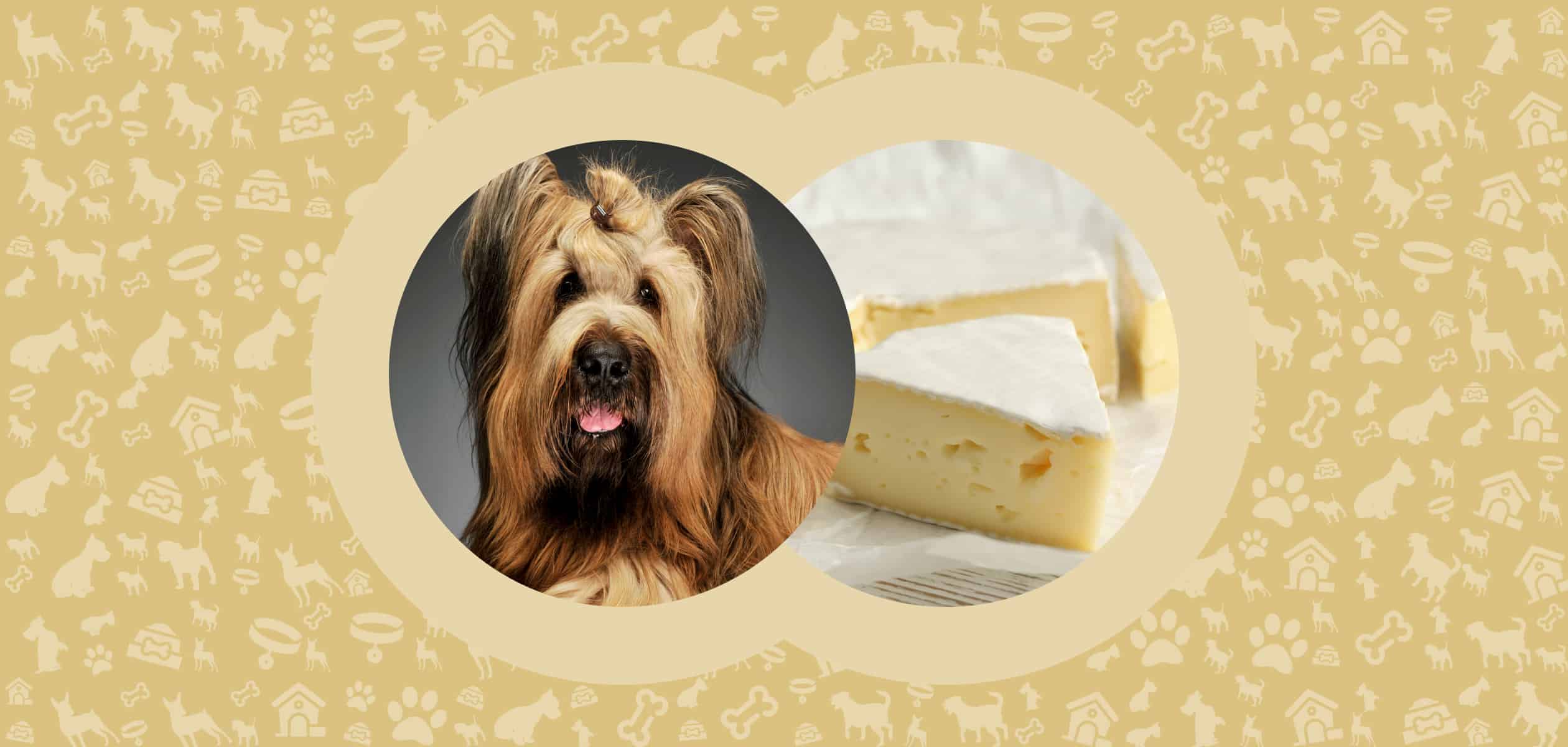
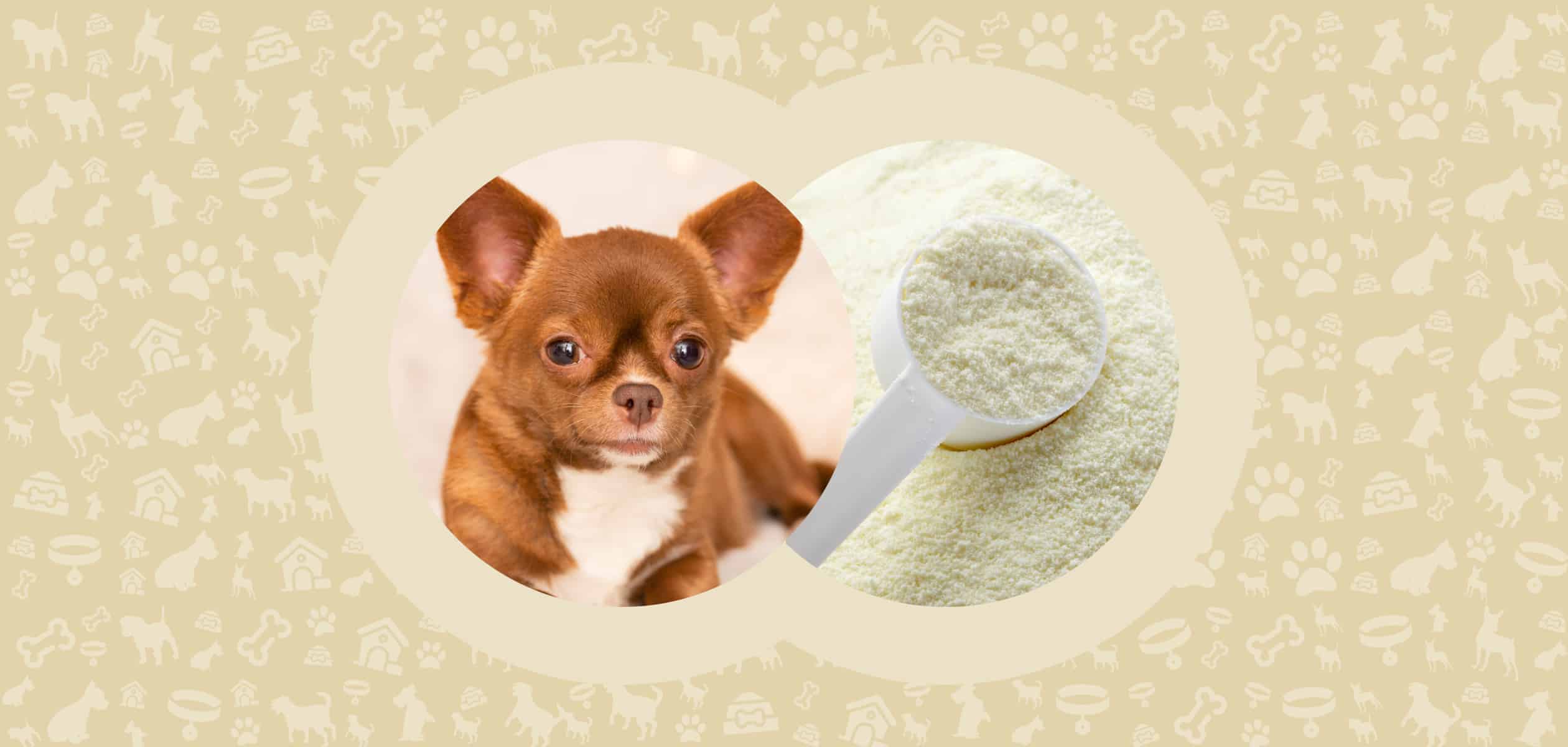
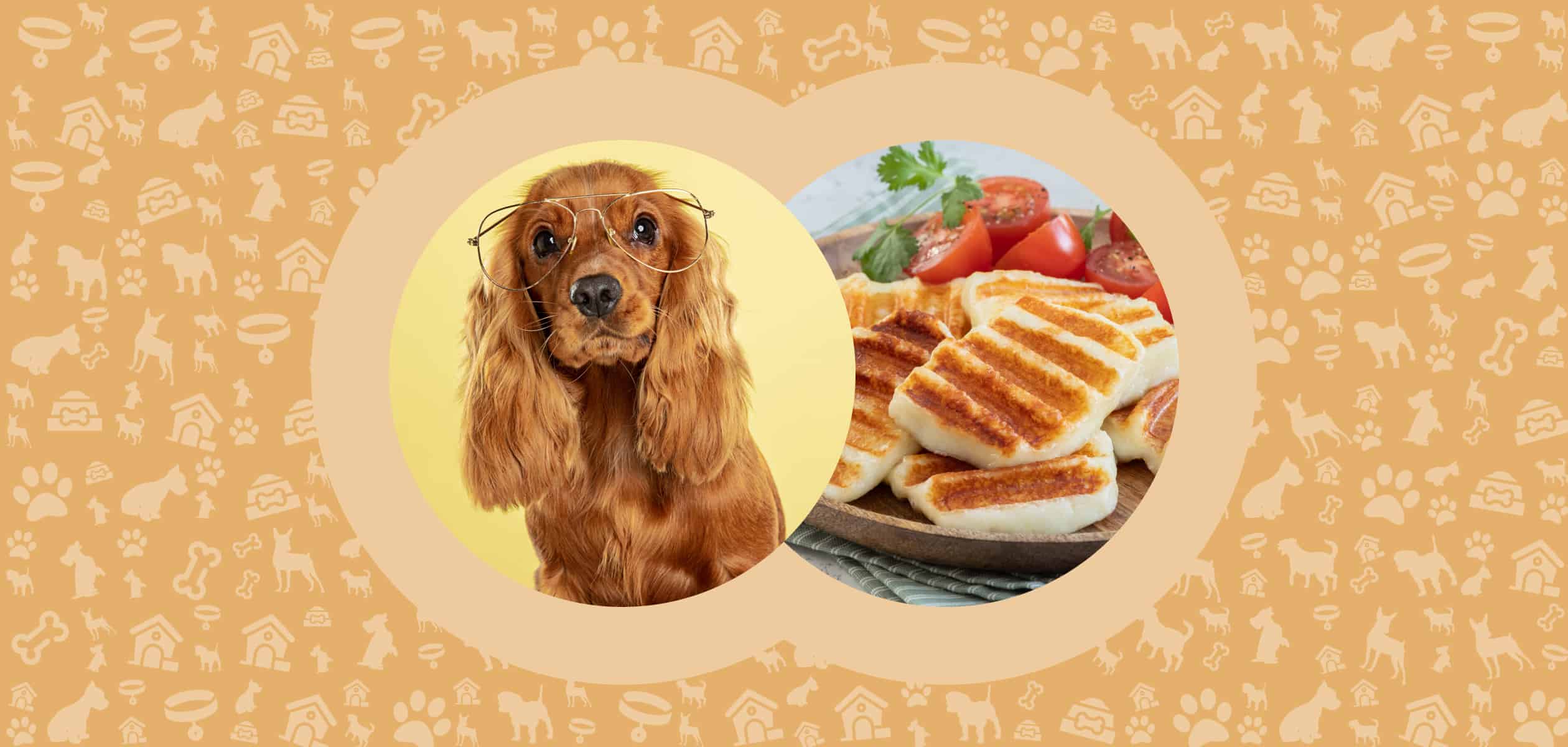
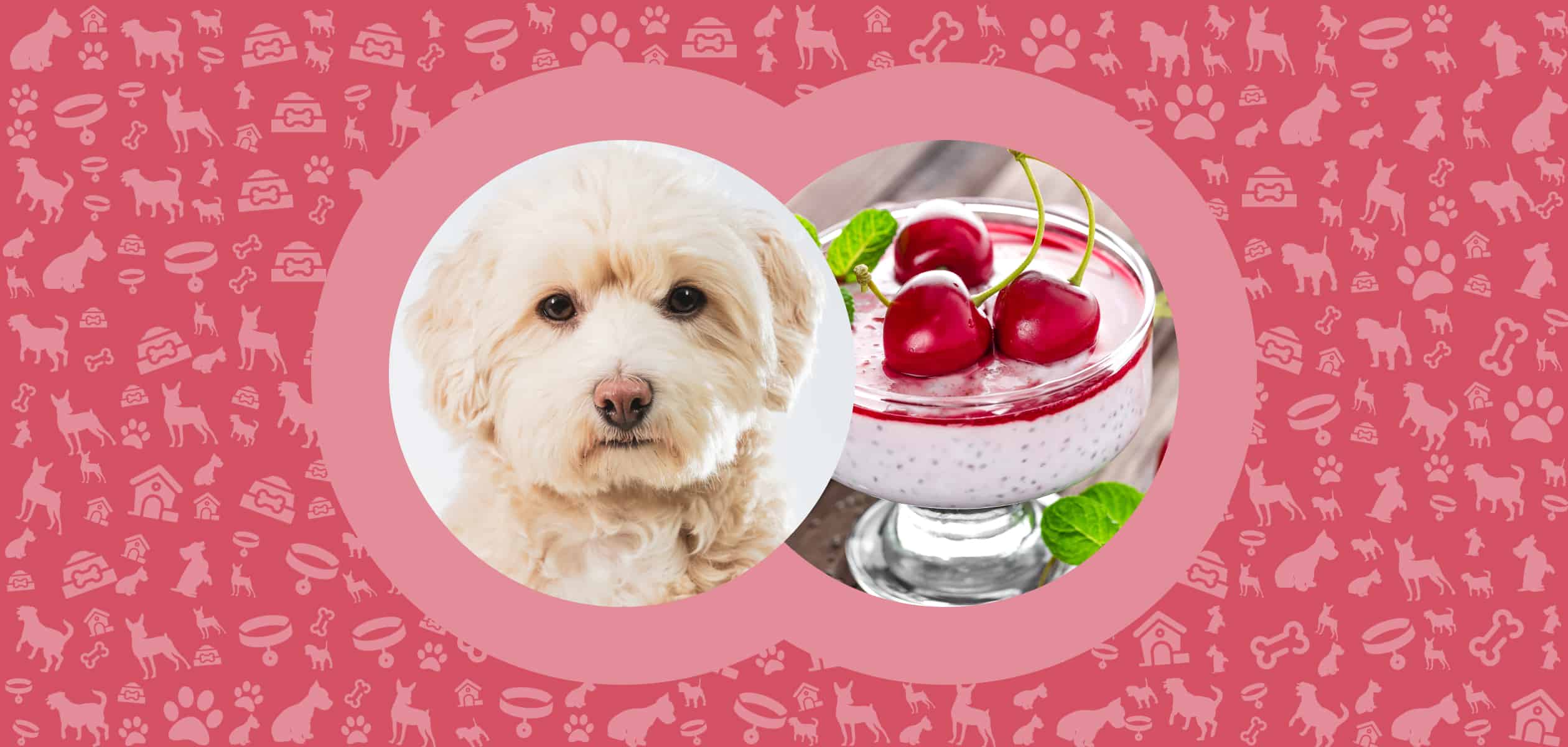
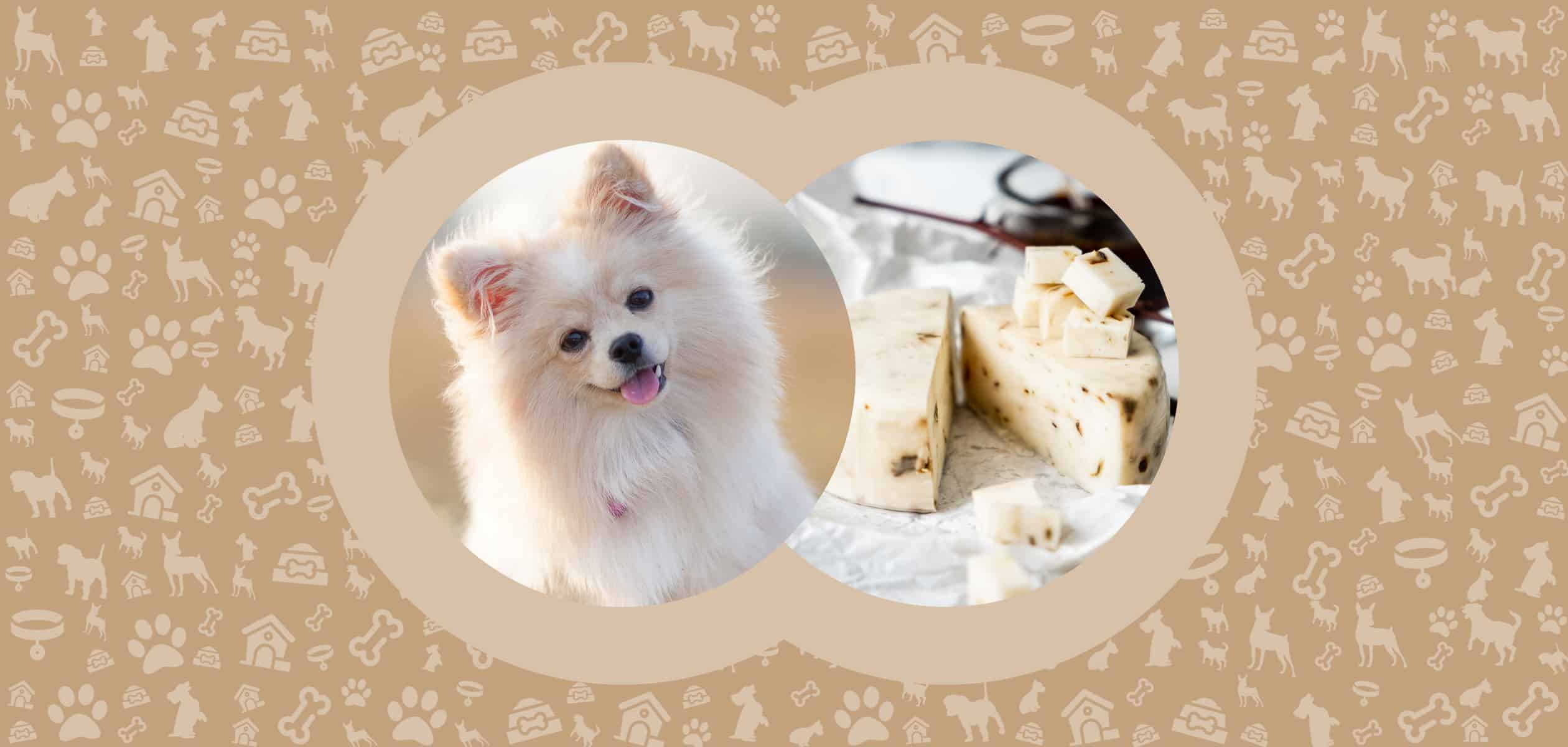
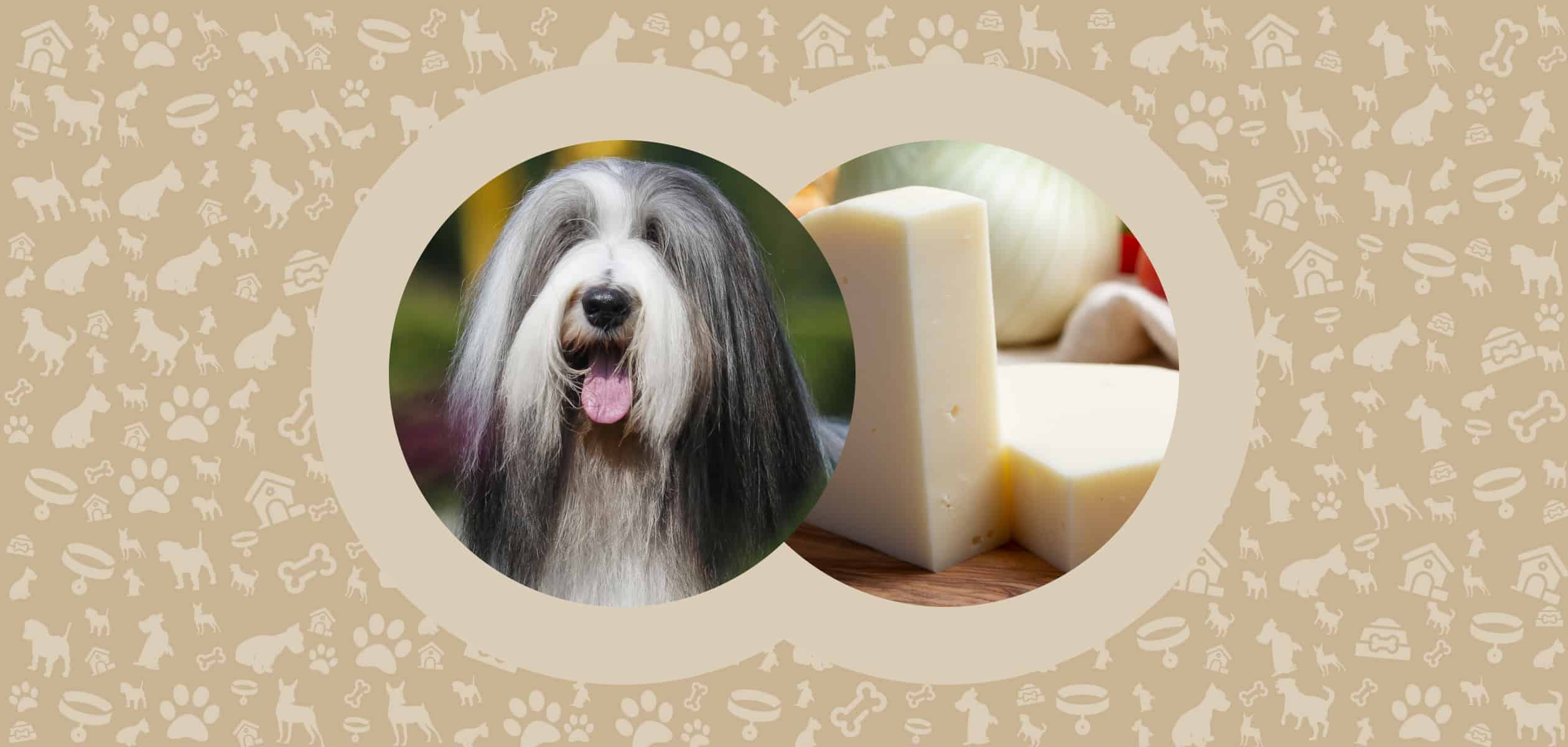
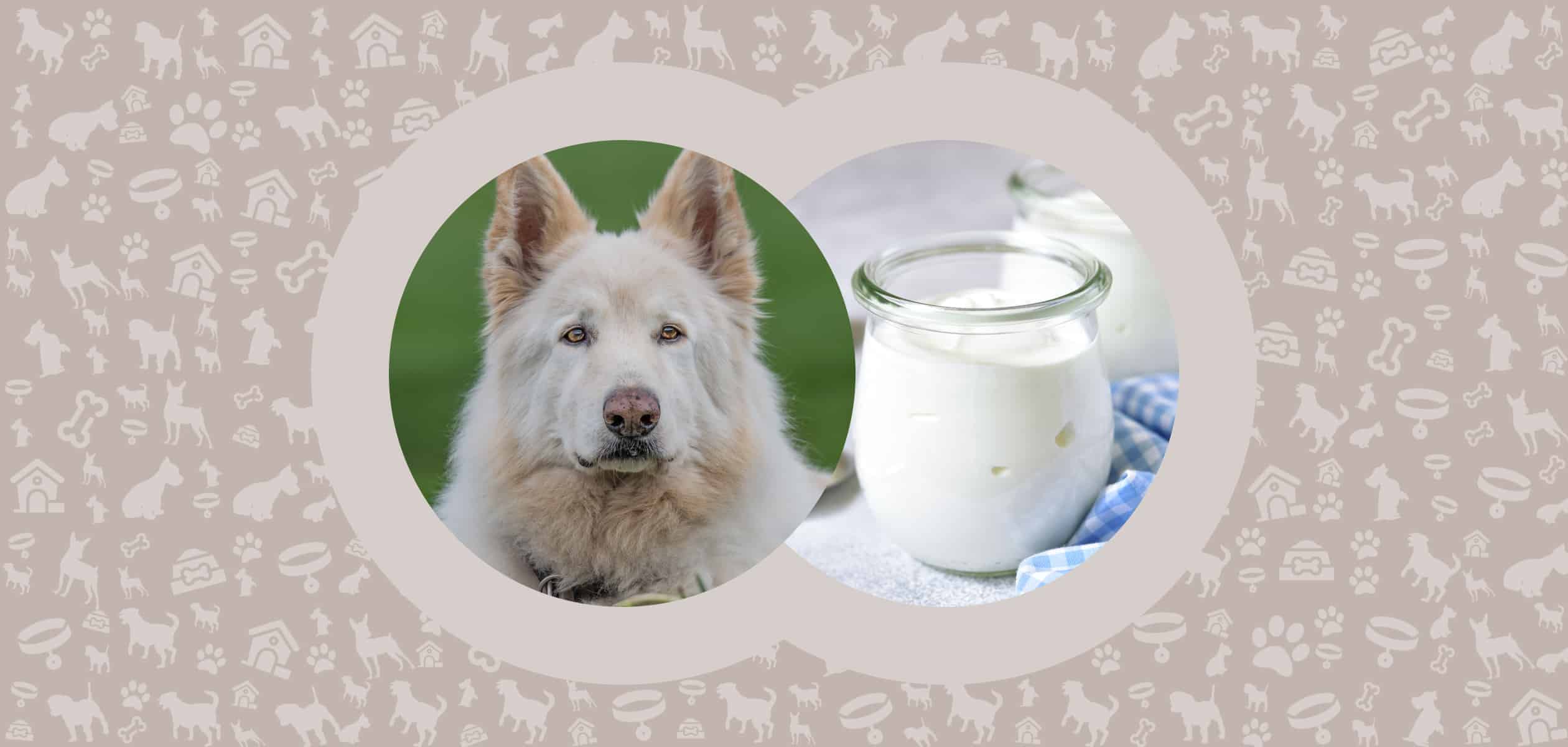
Leave a Comment